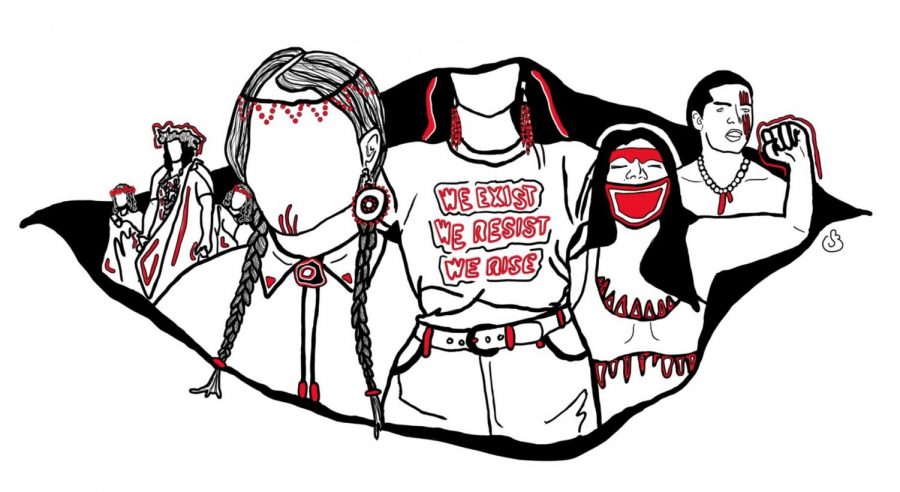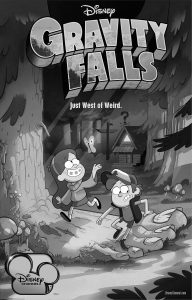Indigenous Resistance: Stolen Land and Stolen Voices
August 31, 2019
Those who have profited off of the death, theft and oppression of indigenous people have successfully popularized the narrative that colonization is a thing of the past. In reality, indigenous folks from across the globe face the perils of colonization every day. This goes from the Hawaiian elders linked together at the base of the sacred Mauna Kea mountain to the Amazonian tribes standing against a fascist regime in Brazil to the water protectors still fighting against the oil industry in places like Standing Rock, North Dakota and even right here on the Chitimacha, Chahta Yakni and Houma lands that you call South Louisiana.
One result of colonization that indigenous folks rail against every day is erasure which is the removal of writing, history or data. For instance, indigenous experiences and struggles are usually written out of mainstream media, activism and history. Indigenous erasure also silences very real epidemics that plague native communities. For instance, there is a growing crisis in the U.S and Canada concerning upwards of 1,000 missing and murdered indigenous women. This becomes a real concern considering erasure buries voices and data from the mainstream media which results in the continued violence against indigenous bodies. These are the very real issues that erasure enables. It doesn’t just create a lack of history: it creates a lack of representation and justice for indigenous folks.
Another extreme issue is the erasure of the native plight and acts of indigenous resistance. This version of erasure is mainly present in academic spaces. For example, 87% of state history does not mention native history after 1900. This means modern native plight, activism and oppression are being erased, which as a result has isolated our struggles from mainstream platforms and movements in American society. Indigenous realities within the United States are being written out and brushed over everywhere, even on this campus. I am currently a sophomore sociology major with a concentration in social justice and inequalities and even within an area that aims to uncover inequalities, the issues plaguing Native America and have been all but ignored in the courses I’ve taken this far. It is disheartening and infuriating as a young, indigenous woman to be in classes that strive to give a voice to the silenced and realize they too ignore the history, contribution, trauma and reality of your people.
Acknowledging indigenous resistance against colonialism is the only way to acknowledge true American and World history. When you fail to include the realities we experience as indigenous people, you have been refusing to take into account that our people have been resisting colonial violence and oppression for 500 years. You are ignoring the fact that indigenous people understand deeply the atrocities that occur because of government paternalism and broken promises under the guise of advancement. Even to this day, our land is still being taken, cultures hijacked, sacred spaces destroyed and indigenous bodies desecrated. Every day, native folks must persist against erasure, violence and the colonial barriers built to bury us; this is our reality. Let this be a reminder that indigenous people are not extinct, we are at war, fighting for our people and reclaiming our power.
To see whose land you are on, go to native-land.ca







